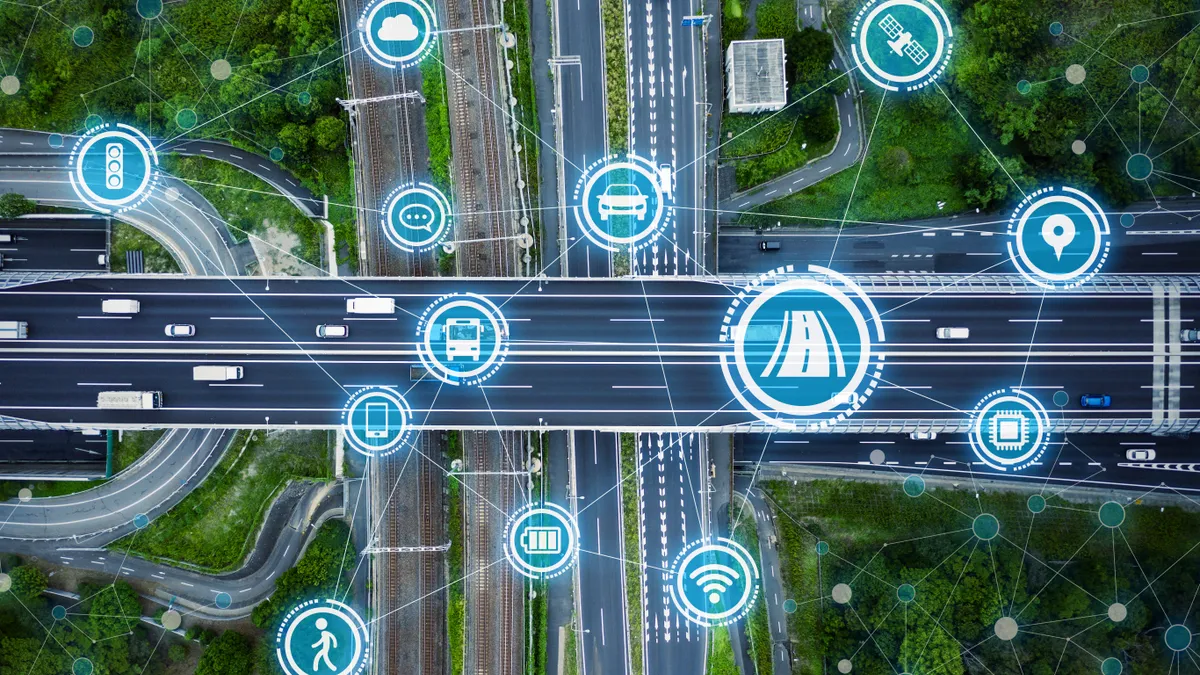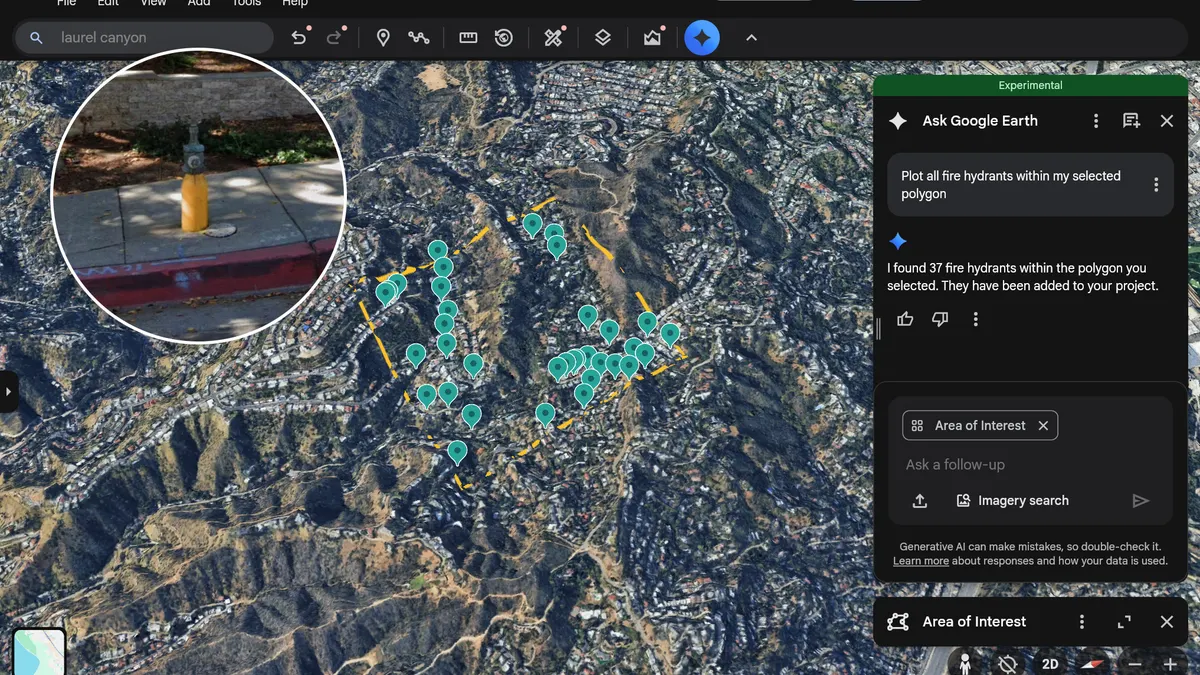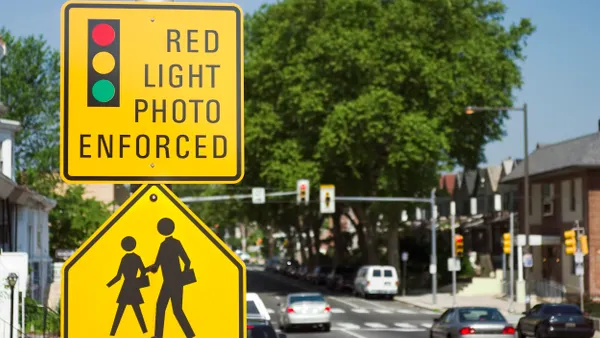Dive Brief:
- Congresswoman Yvette Clarke, D-N.Y., and Suzan DelBene, D-Wash., this week reintroduced the Smart Cities and Communities Act, a bill designed to expand access to smart city technologies for local governments and improve federal coordination of smart city programs by establishing an Interagency Council on Smart Cities.
- The bill would provide grant opportunities, develop a domestic workforce to support smart cities’ technical operation, enhance cybersecurity and privacy, and “foster international collaboration and trade” related to smart city technology.
- “Ensuring our communities are equipped with the smart city technologies they need to be cleaner, safer and more resilient to the changing climate must be among Congress’ highest priorities,” Clarke said in a press release announcing the legislation.
Dive Insight:
This is the fifth time the Smart Cities and Communities Act has been introduced in Congress, with previous attempts stalling out in 2017, 2019, 2021 and 2024. Aside from the rollout timeline, the bill is unchanged from the 2024 version and allocates $1.1 billion over the next five years to bolster smart cities.
“The Smart Cities and Communities Act allows local governments to equip themselves with the cutting-edge tools to increase connectivity and develop green infrastructure,” DelBene said in the press release.
A spokesperson for Clarke spoke to the urgency of the worsening climate crisis and the need to ensure equitable access to smart city innovations.
“We hope that Republicans will understand the need for this bill and will work with us across the aisle to protect their communities,” Jessica Myers, Clarke’s communications director, said in an email. “However, due to their recent policy decisions and volatile political climate, it's highly unlikely that they will take the necessary steps to do so.”
The bill coincides with a surge of interest in artificial intelligence. Craig Albright, senior vice president of U.S. government relations for Business Software Alliance, praised the Smart Cities and Communities Act for recognizing AI’s potential for smart cities.
“By encouraging adoption of and investments in AI-driven solutions and supporting robust AI training and data utilization, this legislation will help communities realize smart city benefits that are efficient, cost-effective and enhance public services,” Albright said in a statement.
The bill was announced the same day as the Trump administration’s A.I. Action Plan, which White House Office of Science and Technology Policy Director Michael Kratsios said would bring about “a new age of American leadership in science, technology and global influence” through investment in AI.
While seen by many as a promising way to automate and streamline government operations, AI has also been scrutinized for its impact on the environment because of the large amount of electricity and water it needs to function.













